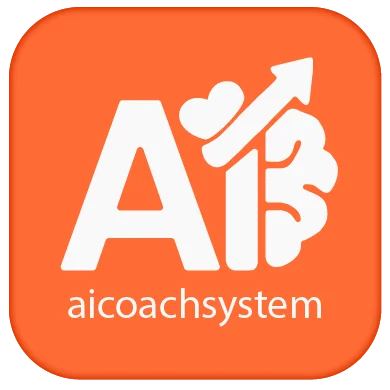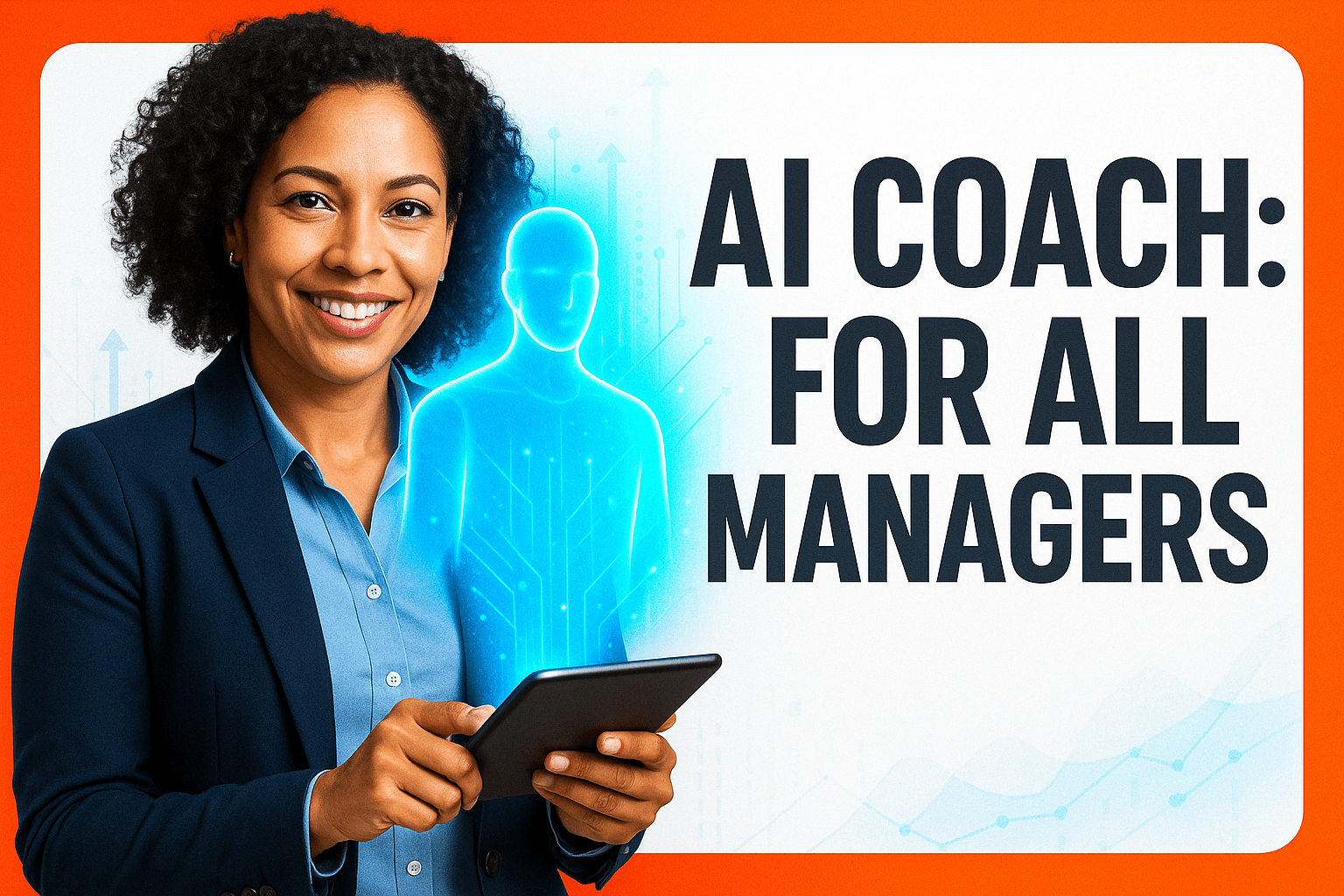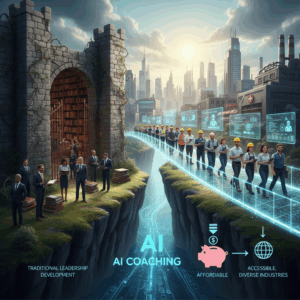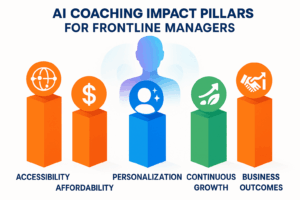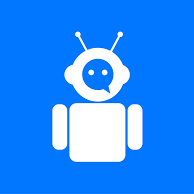Imagine Sarah, a newly promoted shift supervisor at a bustling retail store. She’s a star performer, but managing a team is a different ballgame. One of her best employees is consistently late, and team morale is dipping. Sarah knows she needs to have a difficult conversation, but she’s never been trained for it. She feels like she’s flying blind.
In a perfect world, Sarah would have a professional coach to help her prepare. But traditionally, that kind of personalized, one-on-one development is reserved for the C-suite. It’s expensive, time-consuming, and simply not scalable for the hundreds or thousands of frontline managers like Sarah who form the backbone of an organization.
This is the frontline manager crisis: the most critical layer of leadership is often the least supported. They directly influence up to 80% of the workforce, yet they’re left to figure things out on their own.
But what if world-class coaching wasn’t a scarce resource? What if it could be available 24/7, personalized to Sarah’s exact challenge, and affordable enough to deploy across your entire organization? This isn’t a future-state fantasy. It’s the reality being created by AI coaching.
The AI Coaching Revolution: Unlocking Potential at Scale
For decades, we’ve accepted a fundamental barrier in leadership development: access. The high cost and logistical hurdles of traditional coaching meant it was a tool for the few, not the many. AI coaching systematically dismantles these barriers.
So, what is AI coaching?
At its core, AI coaching is a technology-driven partnership that provides personalized, on-demand guidance to help individuals achieve their professional goals. Unlike a simple chatbot, sophisticated AI coaches are trained on vast datasets of real, effective coaching conversations, methodologies, and leadership principles. They don’t just give answers; they ask powerful questions, help users reframe challenges, and guide them toward their own solutions—just like a human coach.
This technology represents a paradigm shift from exclusive to inclusive development.
This visual metaphor clarifies how AI coaching breaks down traditional barriers, making personalized leadership development instantly accessible and affordable for frontline managers across diverse industries.
As publications like Harvard Business Review have noted, AI is uniquely positioned to help new managers succeed by providing immediate, non-judgmental support. It closes the gap between learning a concept in a workshop and applying it in the real world, at the moment of need.
How AI Coaching Works in the Real World: A Day in the Life
Abstract concepts are great, but what does this look like on a Tuesday afternoon? Let’s revisit Sarah, our retail supervisor. Instead of stressing out, she opens her AI coaching app.
Here’s how her journey unfolds:
This process diagram breaks down the frontline manager’s AI coaching workflow into simple, understandable steps, building confidence in how personalized AI coaching integrates seamlessly into daily leadership tasks.
- Identify the Challenge: Sarah tells her AI coach, “I need to talk to a great employee about their chronic lateness without demotivating them.”
- Engage and Explore: The AI coach doesn’t give her a script. Instead, it asks probing questions:
- “What is the outcome you’re hoping for from this conversation?”
- “What do you know about what might be causing their lateness?”
- “How do you want your employee to feel after you’ve spoken?”
- Strategize and Role-Play: Through this dialogue, Sarah realizes her goal is to solve the problem collaboratively, not to discipline. The AI coach helps her structure the conversation using a proven framework. They even role-play opening lines, helping her practice and refine her approach until she feels confident. This process is crucial for developing true communication mastery.
- Apply and Reflect: Sarah has the conversation. It goes well. The employee opens up about a personal issue, and they work out a solution together. Later, Sarah can reflect on the experience with her AI coach, cementing her learning for the future.
This isn’t just for retail. A manufacturing line supervisor could use it to prepare for a safety talk. A call center team lead could use it to brainstorm ways to boost team engagement. An IT manager could use it to develop better strategic thinking for project planning. The applications are as diverse as the managers themselves.
Why This Approach Is So Effective
- Psychological Safety: Managers can be vulnerable and ask “dumb” questions without fear of judgment from a boss or peer.
- Immediacy: The coach is available at 10 PM when a manager is prepping for the next day, not two weeks from now when a human coach has an opening.
- Consistency: Every manager gets access to the same high-quality coaching methodology, ensuring a consistent standard of leadership across the organization. Research from platforms like Culture Amp highlights scalability and consistency as key benefits of AI-driven coaching.
This memory anchor visual concisely captures the core benefits of AI coaching for frontline managers, serving as a quick reference that reinforces key learning points and supports long-term retention.
Addressing the Skepticism: Man vs. Machine?
It’s natural to be skeptical. Can an AI truly replace the empathy and nuance of a human coach?
The answer is no, because it’s not designed to. The most powerful approach is not replacement, but integration. AI coaching is not about eliminating human connection; it’s about democratizing access to coaching principles.
Here are some common concerns and how to reframe them:
- “AI lacks empathy.” While an AI doesn’t “feel,” it can be trained on empathetic language and coaching models that promote understanding and reflection. For the day-to-day challenges managers face, this guided, supportive dialogue is incredibly effective.
- “My managers will feel like they’re being spied on.” Data privacy is paramount. Reputable AI coaching platforms anonymize data and have strict security protocols. The focus should be communicated as a development tool, not a performance monitoring tool.
- “It’s just another tech tool that no one will use.” The key is integration. When AI coaching is positioned as a practical resource to solve immediate problems—like Sarah’s—it becomes an indispensable part of a manager’s toolkit, not another forgotten app. The Experian case study, which reported a Net Promoter Score of 96 for its AI coach, shows just how valuable users can find it.
The Future of Leadership is Accessible
Investing in frontline managers is not a luxury; it’s a strategic imperative. They are the gears that turn strategy into reality. Neglecting their development creates friction that slows down the entire organization, leading to higher turnover, lower engagement, and missed goals.
AI coaching finally provides a scalable, affordable, and effective way to empower this vital leadership layer. By giving every manager a coach in their pocket, you’re not just solving their immediate problems; you’re building a more resilient, capable, and human-centric organization from the ground up. You’re helping each manager cultivate their own leadership vision for their team, one conversation at a time.
This isn’t just about adopting new technology. It’s about adopting a new philosophy: that every leader, at every level, deserves the support to be their best.
***
Frequently Asked Questions (FAQ)
What exactly is AI coaching?
AI coaching uses artificial intelligence to simulate a conversation with a human coach. It asks questions and provides frameworks to help users think through challenges, set goals, and build skills. It’s personalized, confidential, and available 24/7 through an app or web platform.
How is AI used to make managers better coaches?
AI helps managers in two ways. First, it coaches the manager directly, helping them build their own leadership skills. Second, it can teach them coaching techniques to use with their own team members, such as how to ask open-ended questions, listen actively, and give constructive feedback.
Is AI coaching effective for new managers?
It’s exceptionally effective for new managers. They face a steep learning curve and constant new challenges. AI provides a safe, non-judgmental space to ask basic questions, practice difficult conversations, and get immediate support without having to appear inexperienced in front of their team or superiors.
What are the limitations of AI coaching?
While powerful, AI coaching is best for skill development and situational problem-solving. It is not a replacement for human therapy or deep mentorship. The most effective leadership development programs often blend AI coaching for on-demand support with human-led group sessions or one-on-one coaching for more complex, nuanced challenges.
About the Author
Sami Bugay is the founder of The Integral Institute and aicoachsystem.com, a leadership and team coach, and a pioneer in integrating AI in coaching systems. You can reach him at [email protected].
